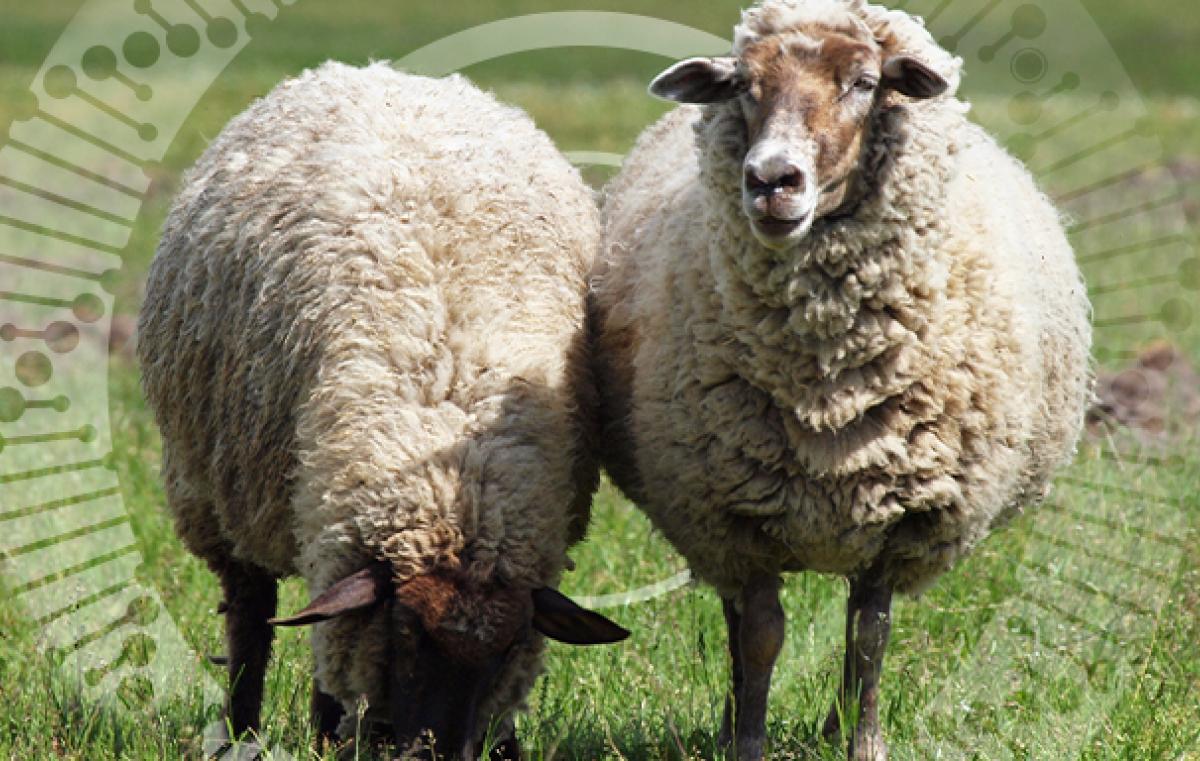Dolly, the Cloned Sheep
On July 5, 1996, Dolly – the first mammal to be cloned from an adult cell – was born. Dr. Nitzan Gonen, of BIU’s Goodman Faculty of Life Sciences, writes about the sheep and the research that made history

On July 5, 1996, the sheep Dolly came into the world. She was the first mammal to be cloned using the process of somatic cell nuclear transfer, in which a donor nucleus from a somatic (body) cell is implanted in an enucleated oocyte (egg cell). Dr. Nitzan Gonen, of BIU’s Goodman Faculty of Life Sciences, writes about the sheep and the research that made history.
Dolly, the sheep, had three mothers: one who donated the cell nucleus carrying the genetic material, DNA; a second who donated the egg from which the nucleus was extracted; and the third, the surrogate mother. Dolly was completely identical genetically to the mother who donated the nucleus.
This procedure was revolutionary at the time and provided initial testimony, that in mammals, the egg – the largest cell in the human body – contains wonderous properties which can take a nucleus back in time and reprogram it to be identical to a fertilized egg (which is usually formed from the union of sperm and egg). This discovery later led to a development that showed that it is possible to take any mature cell in the body and by inserting four proteins, it can be taken back in time to the embryonic stem cell state, capable of differentiating into all cell types in the body. These cells are called “induced pluripotent stem cells”. These discoveries have led to the development of the field of regenerative medicine, in which stem cells are used to create different kinds of cells and organs in the body that may be used to cure many diverse types of diseases.
At the time, the cloning of Dolly was not a very efficient procedure – 277 attempts were made and only one pregnancy was achieved. In addition, Dolly survived for only 6.5 years, and died after developing lung disease. A sheep of this type generally lives on the average for about 11-12 years. Some claim that Dolly experienced accelerated puberty, however the researchers who cloned her did not find any evidence to support this.
Since Dolly’s cloning, 23 different species of mammals have been cloned, including cats, dogs and horses. Many attempts have been made to clone primates, among which are our monkey relatives, but this has not been successful for many years due to problems in reprogramming DNA. In 2018, two macaque monkeys were cloned – the first successful cloning of primates. These attempts were much more effective: out of 21 surrogate mothers, six became pregnant and two monkeys were born.
Along with the amazing scientific breakthrough, it is important to ensure that there are laws and clear ethical boundaries that will not allow human cloning in the future.